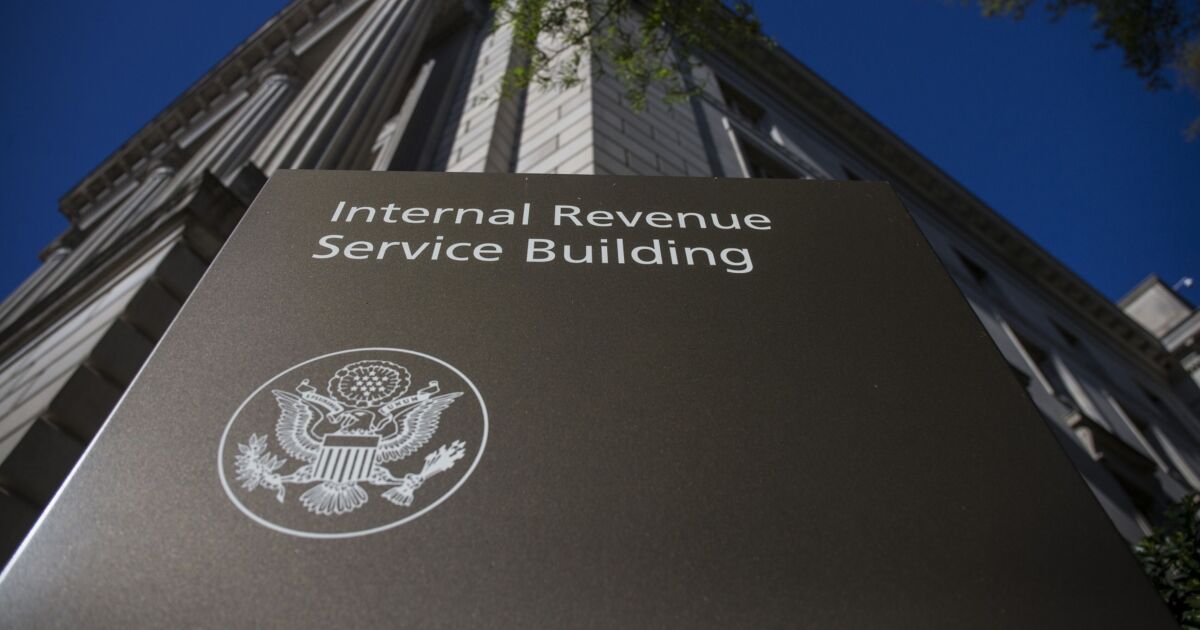Accounting
Tax pro coalition urges Treasury to stabilize IRS amid layoffs

Accounting
In the blogs: Breathing room
Accounting
Oil industry gets $1B tax tweak in GOP’s Senate bill
Accounting
Rich colleges would face lower tax hike under Senate tax bill
-

 Accounting1 week ago
Accounting1 week agoInstead adds AI-driven tax reports
-

 Economics1 week ago
Economics1 week agoSending the National Guard to LA is not about stopping rioting
-

 Personal Finance1 week ago
Personal Finance1 week agoWhat Pell Grant changes in Trump budget, House tax bill mean for students
-

 Personal Finance1 week ago
Personal Finance1 week agoHow markets performed for investors so far
-

 Personal Finance1 week ago
Personal Finance1 week agoTrump’s ‘big beautiful’ bill may curb access to low-income tax credit
-

 Economics1 week ago
Economics1 week agoIs there a “woke right” in America?
-

 Finance1 week ago
Finance1 week agoChina’s EV race to the bottom leaves a few possible winners
-

 Finance7 days ago
Finance7 days agoGundlach says to buy international stocks on dollar’s ‘secular decline’












